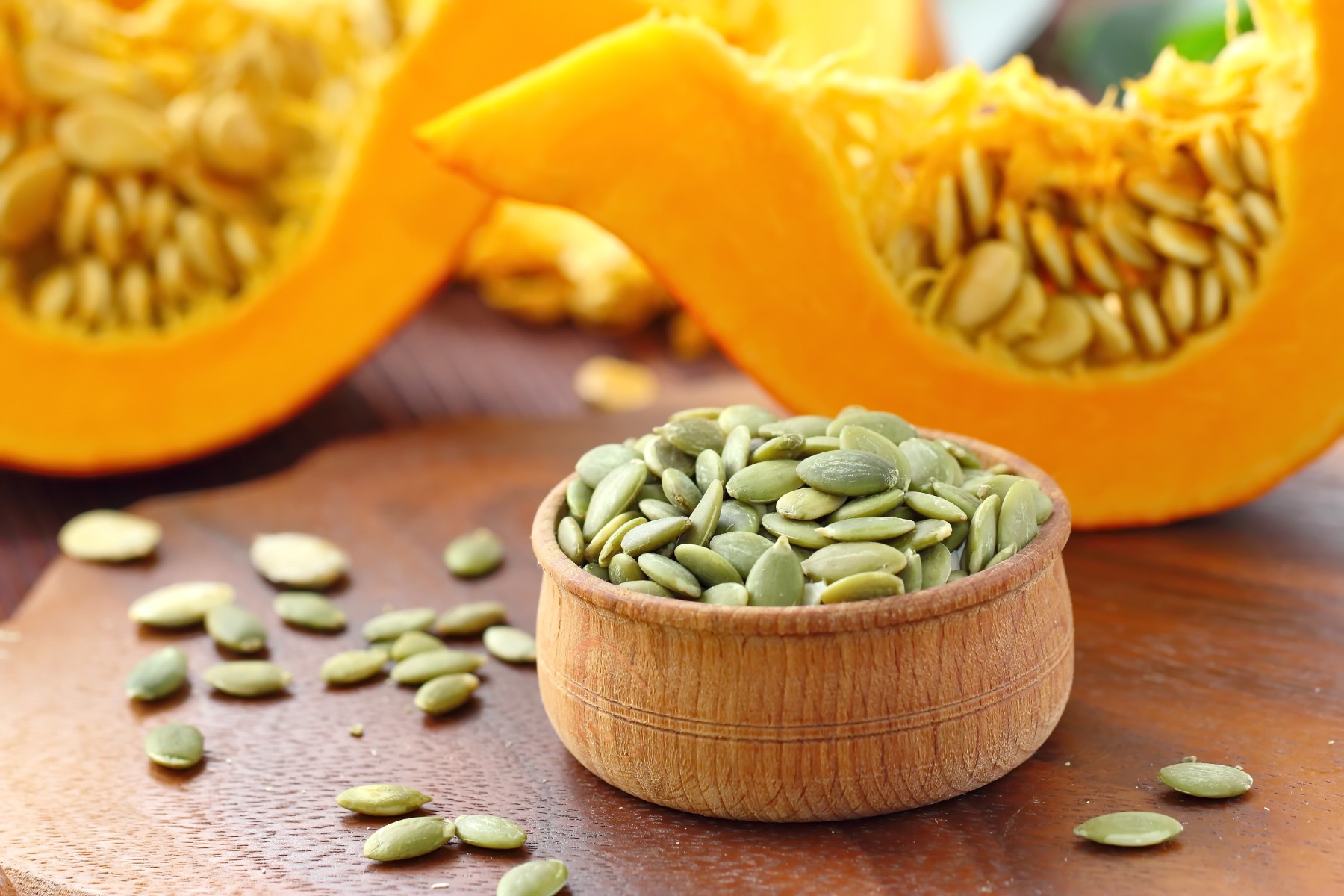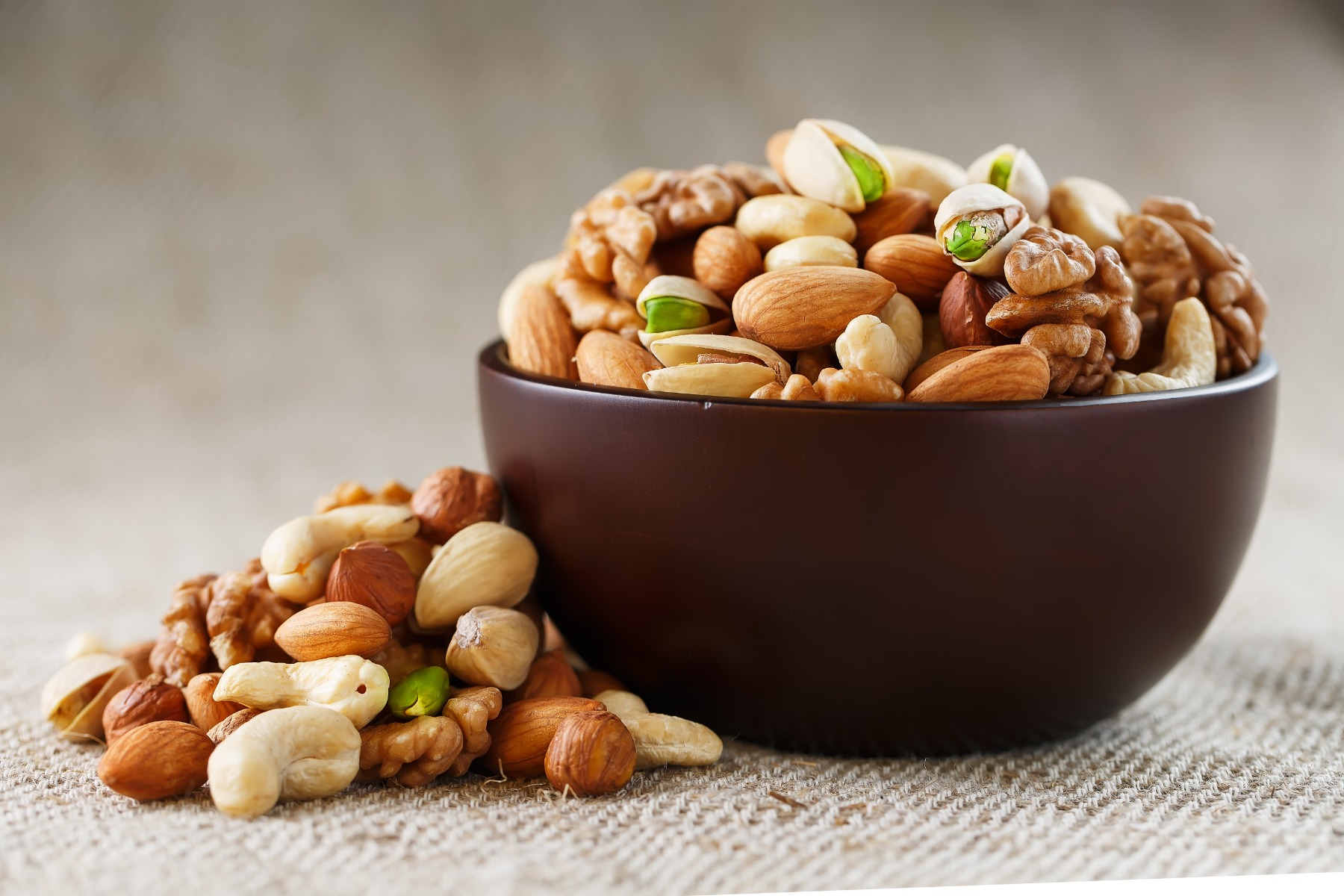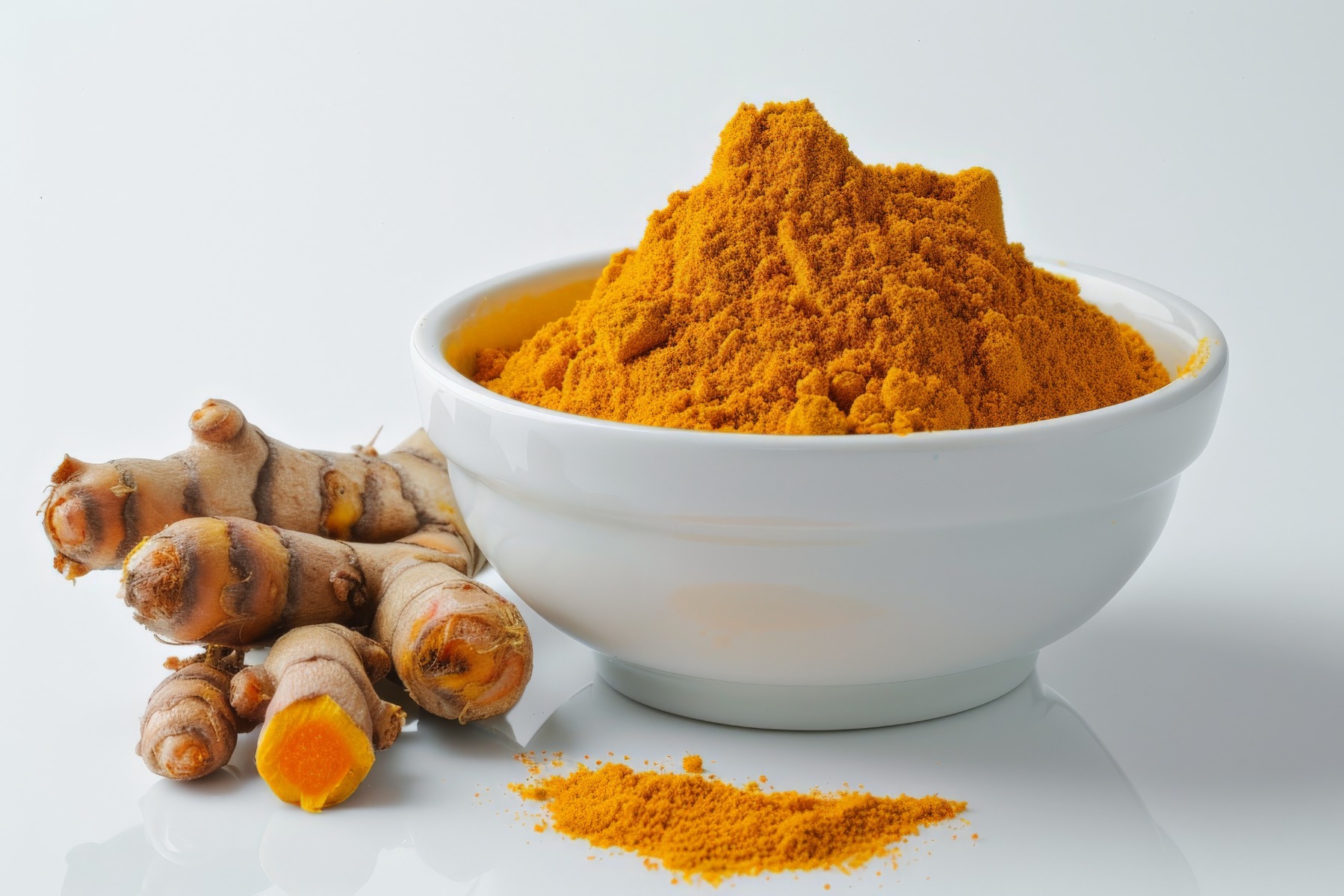What we eat can support, and even boost, our cognitive health
Feeding your brain the right natural foods is essential to optimise cognitive function, memory, and overall mental wellbeing, according to researchers. Scientists are increasingly linking brain health and resulting cognitive function with our food choices.
Researchers around the world have discovered direct links between superior brain health and nutrition as they explore in detail the relationship between diet and cognitive function. And that research is also illustrating that diet may even play a role in the prevention of neurodegenerative diseases.
To further understand how we can improve our chances of enjoying good brain health, we have shortlisted foods known to contain nutrients that may improve brain function. Here are some of the best natural foods to nourish your brain:
Pumpkin Seeds


Photo Credit: "© [lisa870] / Adobe Stock
Rich in magnesium, iron, zinc, and copper, pumpkin seeds include everything that’s essential for brain function. Zinc is crucial for nerve signalling, magnesium is vital for learning and memory, copper helps control nerve signals, and iron is necessary for preventing cognitive decline. The antioxidants in pumpkin seeds also protect the brain from free radical damage.
Nuts


Photo Credit: "© [Alexander] / Adobe Stock
Walnuts deserve a special mention due to their high concentration of a type of omega-3 fatty acid, DHA, which has been shown to improve cognitive performance and prevent cognitive decline. Walnuts are often called ‘brain food’ with very good reason. The antioxidants, vitamin E and polyphenols found in walnuts all contribute to cognitive function and may even help prevent neurodegenerative diseases.
Nuts and seeds in general offer a wealth of benefits for brain health due to their nutrient-rich composition. They are excellent sources of antioxidants, healthy fats, and vitamin E, which protect cell membranes from oxidative stress, which, in turn, can help slow mental decline. These healthy fats are essential for building cell membranes in the brain and maintaining the integrity of brain-cell structure.
Turmeric


Photo Credit: "© [Salander Studio] / Adobe Stock
Turmeric contains curcumin, a compound packed with powerful anti-inflammatory and antioxidant properties. Curcumin can cross the blood-brain barrier, making it beneficial for brain health. It has been shown to boost levels of brain-derived neurotrophic factor (BDNF), a protein that promotes the growth of new neurons and is critical for learning and memory. Curcumin may also help improve mood and alleviate symptoms of depression by boosting serotonin and dopamine levels.
Dark chocolate


Photo Credit: "© [inspirodome] / Adobe Stock
Dark chocolate contains flavonoids, caffeine, and antioxidants. Flavonoids are plant-based antioxidants that may enhance memory and slow age-related mental decline. The small volume of caffeine in dark chocolate can improve brain function by enhancing focus and concentration. Additionally, dark chocolate stimulates the production of endorphins, which can improve mood. Whole grains Whole grains such as oats, quinoa, and brown rice provide a steady supply of energy to the brain and contain fibre, vitamins and minerals that support brain function.
Green tea


Photo Credit: "© [5ph] / Adobe Stock
Green tea contains caffeine and the amino acid L-theanine, which can enhance brain function. Caffeine improves alertness and focus, while L-theanine promotes relaxation and reduces anxiety. In combination, these compounds improve overall brain function. Green tea is also rich in antioxidants.
Don’t forget!
Oranges, eggs, broccoli, avocados, blueberries, leafy greens and fatty fish are powerhouses of the vitamins, minerals and fatty acids that can support and enhance brain health.
Oranges are well known for their high vitamin C content, which is crucial for preventing mental decline, while eggs are a good source of vitamins B6 and B12, folate, and choline. Blueberries are packed with antioxidants, while avocados are loaded with healthy monounsaturated fats. Leafy greens like spinach, kale, and Swiss chard are rich in vitamins, and broccoli is high in vitamin K which is essential for forming sphingolipids, a type of fat that is densely packed into brain cells. Salmon, trout, and sardines are excellent sources of omega-3 fatty acids, particularly EPA and DHA. These fats are crucial to brain health as they support the structure of brain cells.
GOOD FOOD EQUALS GOOD HEALTH OUTCOMES, SAYS STUDY
Research published in the medical journal Neurology has linked eating more unprocessed or minimally processed foods with better brain health.
In addition, the study team found that even a modest reduction in the consumption of ultra-processed foods (UPFs) - food that has been altered with additives and preservatives - could result in positive health benefits.
The study’s senior author, Critical Care Neurologist W. Taylor Kimberly of Boston’s Massachusetts General Hospital and Harvard Medical School, concluded that increased consumption of ultra-processed foods could be linked to a higher risk of stroke and cognitive decline.
He said: “It’s important for individuals to pay attention to not just what foods they eat, but how those foods are processed before they eat them. “We have shown that increased intake over time of ultra-processed foods can impact the two most common and significant causes of neurological disability -- stroke and cognitive impairment.